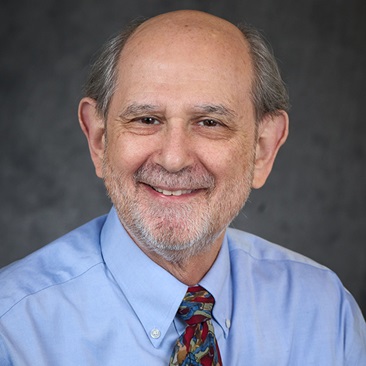Bifulco study on synthetic controls to evaluate unique interventions published in Evaluation Review
Oct 31, 2017
Using Synthetic Controls to Evaluate the Effect of Unique Interventions: The Case of Say Yes to Education
Robert Bifulco, Ross Rubenstein & Hosung Sohn
Evaluation Review, October 2017
“Place-based” scholarships seek to improve student outcomes in urban school districts and promote urban revitalization in economically challenged cities. Say Yes to Education is a unique district-wide school reform effort adopted in Syracuse, New York, in 2008. It includes full-tuition scholarships for public and private universities, coupled with extensive wraparound support services in schools.
This study uses synthetic control methods to evaluate the effect of Say Yes on district enrollment and graduation rates. It also introduces the synthetic control method and provides guidance for its use in evaluating single-site interventions.
The authors find that Say Yes to Education was associated with enrollment increases in the Syracuse City School District, a district that had previously experienced decades of sustained enrollment declines. They do not find consistent evidence of changes in graduation rates following adoption of the program.
Graduation rate analyses demonstrate that estimates of treatment effects can be sensitive to choices that the researcher has to make in applying synthetic control methods, particularly when pretreatment outcome measures appear to have considerable amounts of noise.
Related News
Research

Feb 5, 2026
School News

Nov 17, 2025
Research

Oct 15, 2025

